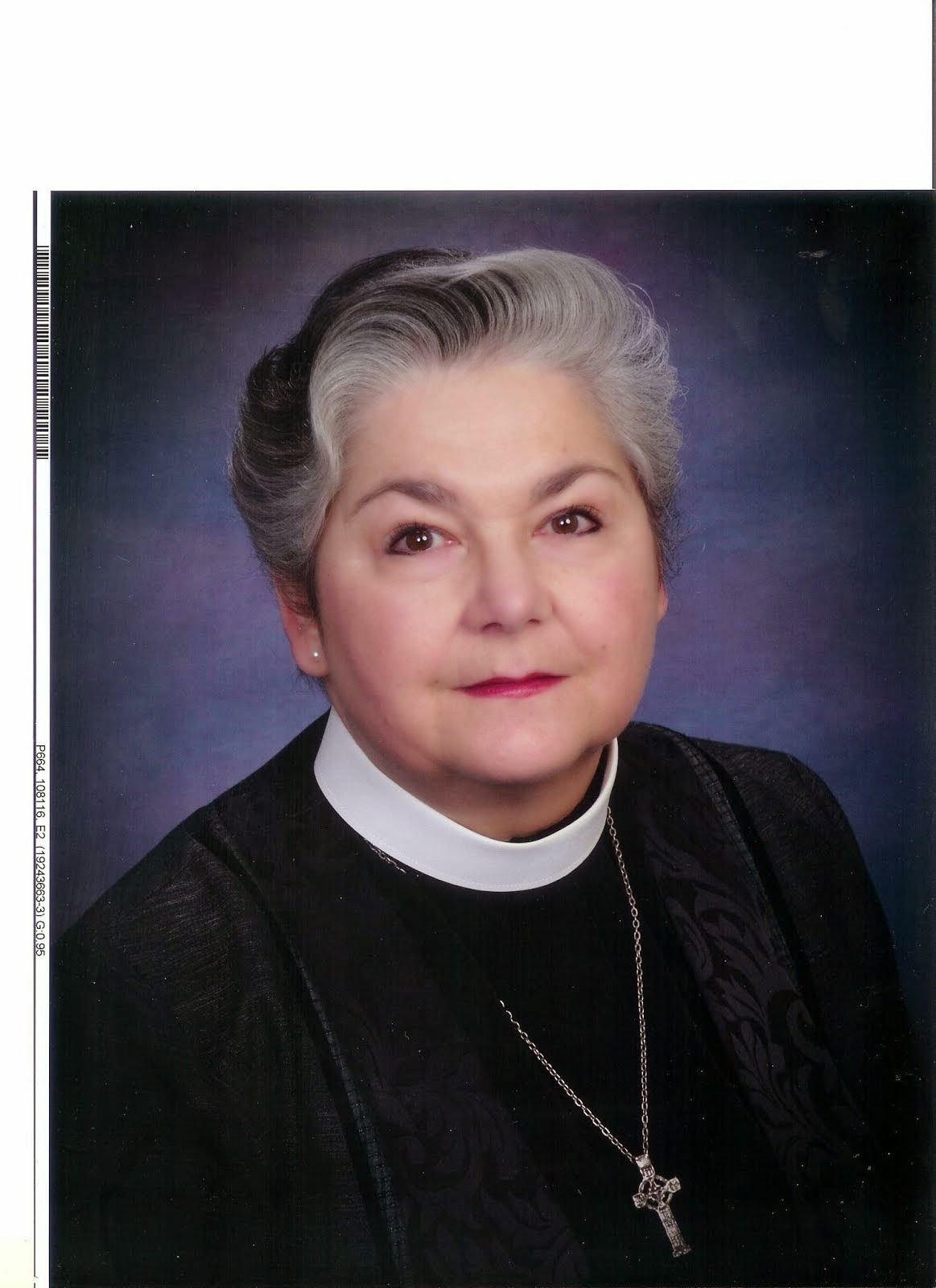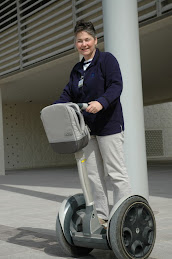In recent weeks, we’ve been seeing lots of news about Occupy Wall Street protesters…we’ve even got our very own Occupy Richmond protesters camping out next door to Mayor Jones’ house. While I’m not really sure exactly what these protesters hope to accomplish, or what exactly they’re protesting against (except greedy bankers), I think we have something to learn from them.
When you care about something deeply, you need to respond with the same depth. You need to “occupy it” to reclaim it and make it your own in a better form.
Whatever you think of the protesters in Zuccotti Park and in Richmond, you cannot deny that they have demonstrated their passion by camping out in all kinds of weather and peacefully protesting values that they oppose. They have responded with commitment and have reclaimed values that they think are important.
In the same way, let’s consider how we can reclaim something important to us, make it our own.
What are we reclaiming?
Advent.
You remember Advent, don’t you? That season of preparation for the birth of Jesus?
But Advent has been hijacked by the sellers of toys for kids and toys for adults. It has been replaced by something called “The Christmas Season,” which I always put in quotation marks, because it seems to have little to do with Christ, or Christmas. It has much more to do with making sure retailers make sufficient sales for the year to ensure a profit for them. “The Christmas Season” is about purchasing the hottest new video game, the latest IPad or IPhone, the flashiest piece of jewelry, the niftiest tool from Home Depot or Lowe’s….or gift cards. Hundreds of thousands of gift cards, to be given when we can’t guess what the recipient would want (because he already has one of everything he might need) or we fear what we get will not be pleasing to the recipient. Did you know that in 2009, $87 billion in gift cards were sold[1]. That’s billion, not million.
A whole lot of little bits of plastic that say “Merry Christmas.” Or maybe they just say “this is the way I fulfill my obligation to you, because we give gifts because they are expected, not because we really want to give them.”
That’s “The Christmas Season” for you…a total of $584 billion[2] in sales, including those ubiquitous gift cards. And I doubt that very many people were thinking about the coming of the Christ child when they purchased that $584 billion worth of goods and services.
We have been claimed by “The Christmas Season” industry, not by the coming Christ Child, and it’s time to stop. It’s time to reclaim this time and the true meaning of what it is about.
So instead of “Occupy Wall Street,” or “Occupy Richmond,” I suggest we “Occupy Advent.” Turn our minds and hearts away from the commercialism that has soiled this season, and reclaim this time of preparation for the gift that you cannot buy at the mall: Jesus Christ.
Let’s get our priorities straight, and reclaim that which is truly important.
That’s what Jesus was talking about in today’s Gospel.
Now I know what many of you were thinking when I read that Gospel passage: “What does this have to do with Advent, with baby Jesus, with Bethlehem? This is downright depressing and a little bit scary.”
Yes, it seems incongruous, and it follows on the heels of last week’s reading about Jesus judging us at the end times. Not very Christmas-y, to be sure.
But let’s put ourselves in the places of those who first heard Jesus speak these words. Let’s remember what was going on in their world. Then maybe a sense of the power of the One who is coming will fill us, and we can reclaim that Advent feeling.
In Jesus’ day, Rome controlled everything. Roman soldiers were everywhere. The cruel king of Judea, Herod, was a puppet of Rome. The Romans taxed the people mercilessly. A distant, powerful, alien emperor who had no love or sympathy for the people of Israel simply used them for what he could milk from their labors. And the Jewish religious leaders were hardly more sympathetic, always demanding enforcement of rules that made little sense, always expecting things from the people that they could ill afford to give.
It was not a happy time. To those who listened to Jesus, it was indeed a time of suffering, as it had been since before Jesus’ birth. And what did Jesus offer? A promise that something good was coming…no, not just good, something wonderful. And he warned them to pay attention, to watch for the signs. “Keep awake, for you do not know when the master of the house will come, in the evening, or at midnight, or at cockcrow, or at dawn, or else he may find you asleep when he comes suddenly. And what I say to you I say to all: Keep awake.”
We have been lulled to a state of torpor by endless ads on television or the internet. We have forgotten to look for when the master of the house will return. We are dozing in our complacency that this season is one of purchasing and wrapping, when what we should be doing is watching for the one who is to come.
So let’s Occupy Advent instead of WalMart. Let’s Occupy Advent instead of Short Pump Mall. Let’s reclaim this time when we start to watch for the one who is to come. We, too, live in a time that is full of unhappiness, with war and terrorism and poverty and jobs gone away and addiction and greed. It is not so different than Jesus’ day, is it? So hear this gospel today as a starting point, a reminder that if we wait and watch in humble expectation, we will find what heals us more than any gift card. We will find what will sustain us more than another gadget or toy. We will find the least likely of gifts, a tiny baby in a stable, with the power to love us and give to us eternal life.
Shouldn’t we prepare ourselves for this most precious of gifts? Shouldn’t we reflect on how we have lived our lives this past year? Shouldn’t we pray for guidance and for hope in what is to come? We should…and we can, starting today.
Occupy Advent. Prepare. Watch. Keep awake. He is coming! Amen.







